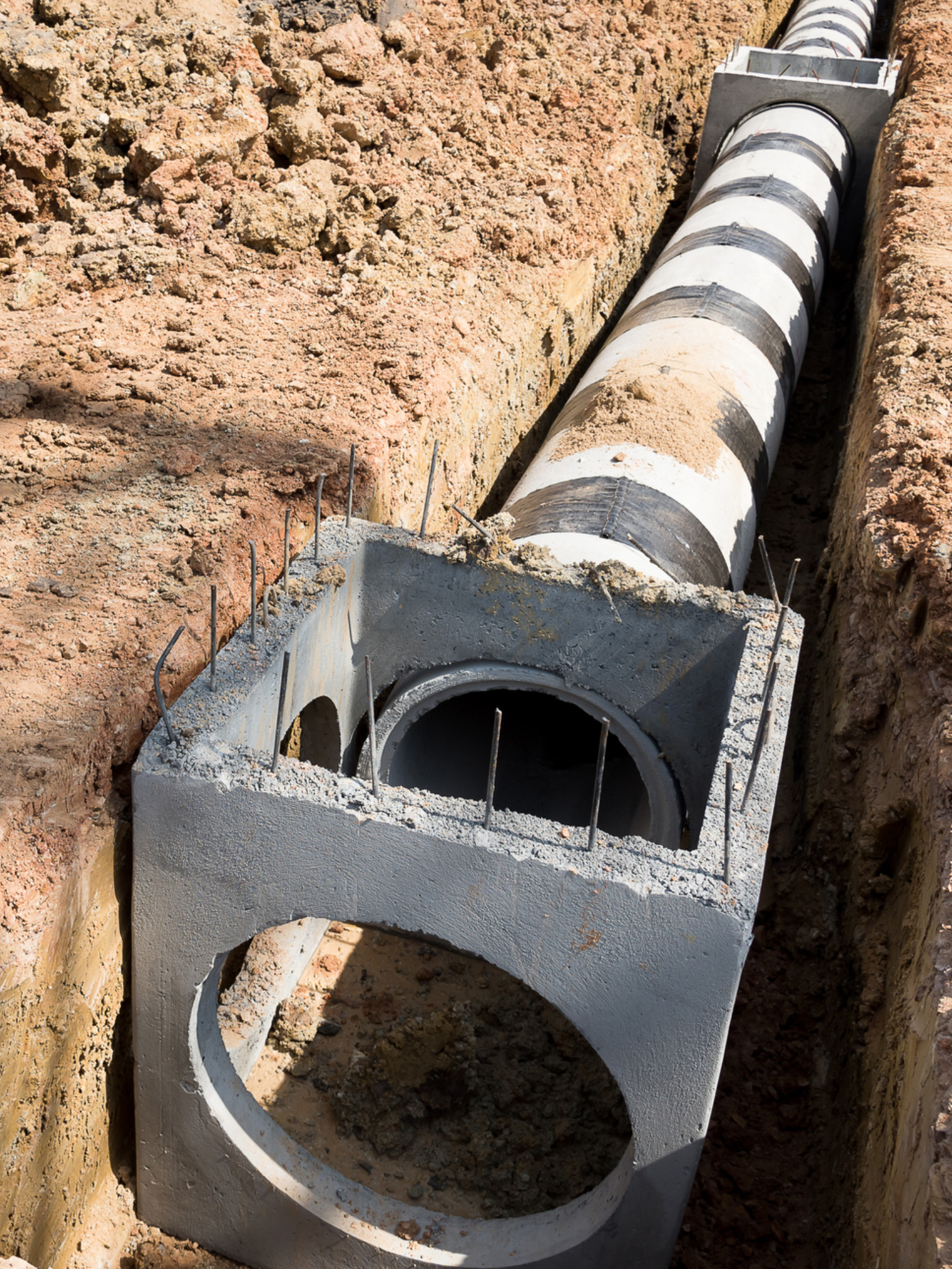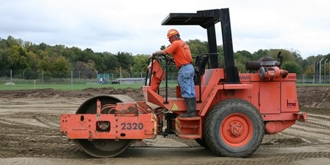Excavating Ohio - Top Excavation Specialists for Ohio Projects
Excavating Ohio - Top Excavation Specialists for Ohio Projects
Blog Article
Comprehensive Excavation Techniques: Grasping the Principles for Success
In the realm of building and civil engineering, the importance of efficient excavation strategies can not be overstated. The cautious planning, specific execution, and precise focus to detail called for in excavation projects require a detailed technique that incorporates numerous essential elements. From first soil evaluation to the application of precaution and routine progression tracking, grasping these core components is necessary for attaining success in any type of excavation venture. The real proficiency lies not just in recognizing these principles yet in flawlessly incorporating them to navigate the complexities of excavation projects with skill.
Recognizing Excavation Project Planning

Successful excavation tasks are developed on the foundation of precise and thorough planning. The first stage of any type of excavation job is the drawing board, where crucial decisions are made that can considerably impact the outcome of the task. Throughout this stage, it is important to gather all appropriate information regarding the site, including topographical studies, soil make-up, and any prospective hazards that might exist. Understanding the job extent, budget, and timeline constraints is vital for creating an extensive excavation plan that makes certain the task's success.
One key element of excavation project preparation is the development of a thorough timeline that outlines the series of target dates, milestones, and activities. By thoroughly thinking about all these aspects during the planning phase, excavation tasks can be implemented successfully and successfully, leading to successful results - lancaster trenching.
Soil Analysis and Site Examination
Performing extensive dirt evaluation and website examination is an important action in the prep work phase of any excavation job. Dirt evaluation entails identifying the structure, structure, and residential or commercial properties of the dirt at the excavation site. This info is essential for recognizing the soil's bearing ability, dampness content, and possibility for erosion, which are crucial elements in identifying the excavation techniques and devices required for the project.
Site analysis surpasses soil analysis and encompasses a wider analysis of the total site problems. This evaluation includes determining any potential risks, such as underground energies, ecological worries, or unsteady terrain, that might affect the excavation process. By extensively examining the site, task managers can create efficient excavation strategies that prioritize safety, efficiency, and environmental management.
Using innovative technologies like ground-penetrating radar, soil sampling, and drone studies can boost the precision and performance of soil evaluation and site examination. Investing time and sources in these initial steps can eventually save time and prevent pricey hold-ups or problems throughout the excavation process.
Equipment Option and Use
Efficient excavation jobs depend greatly on strategic tools option and application to make certain optimum efficiency and efficiency. Choosing the appropriate equipment for the task is important in taking full advantage of efficiency and lessening downtime. Factors such as the kind of soil, deepness of excavation, and task scope play a significant duty in establishing one of the most appropriate equipment for the task handy.

Along with choosing the appropriate equipment, appropriate application is vital to job success. Operators needs to be educated to manage the tools securely and effectively - lancaster excavation. Routine upkeep checks and prompt repair services assist avoid break downs and guarantee consistent efficiency throughout the task
Security Steps and Regulations Conformity
In the realm of excavation tasks, focusing on safety steps and conformity with guidelines is critical to ensuring a legitimately audio and protected operational setting. Security measures incorporate a variety of techniques, consisting of performing thorough website analyses, applying correct signs and obstacles, and supplying appropriate safety training for all workers associated with the excavation procedure. Adherence to laws, such as OSHA demands in the USA, ensures that the excavation project additional reading fulfills the essential requirements to protect employees, onlookers, and the surrounding environment.

Surveillance Progression and Adjusting Methods
Exactly how can forecast managers efficiently track the innovation of excavation projects and adjust their techniques appropriately to maximize end results? Monitoring development is important for ensuring that excavation tasks remain on track and meet due dates.

Conclusion
In verdict, grasping the fundamentals of detailed excavation approaches is important for the success of any type of job. By understanding task planning, analyzing dirt and website problems, selecting appropriate devices, adhering to safety and security guidelines, and monitoring progression, project supervisors can make certain a reliable and smooth excavation process. Applying these strategies will certainly lead to successful end results and reduce potential risks or problems throughout the excavation task.
The preliminary phase of any type of excavation task Get the facts is the preparation phase, where vital choices are made that can substantially impact the end result of the project. Recognizing the job timeline, range, and budget restrictions is essential for developing a thorough excavation strategy that makes certain the task's success.
How can forecast supervisors properly track the improvement of excavation projects and adjust their techniques appropriately to maximize outcomes? By very closely monitoring progress and being willing to adapt strategies, job supervisors can boost the total success of excavation tasks.
By comprehending task planning, analyzing dirt and site problems, selecting ideal equipment, conforming with security guidelines, and checking progression, project managers can make certain a reliable and smooth excavation process.
Report this page